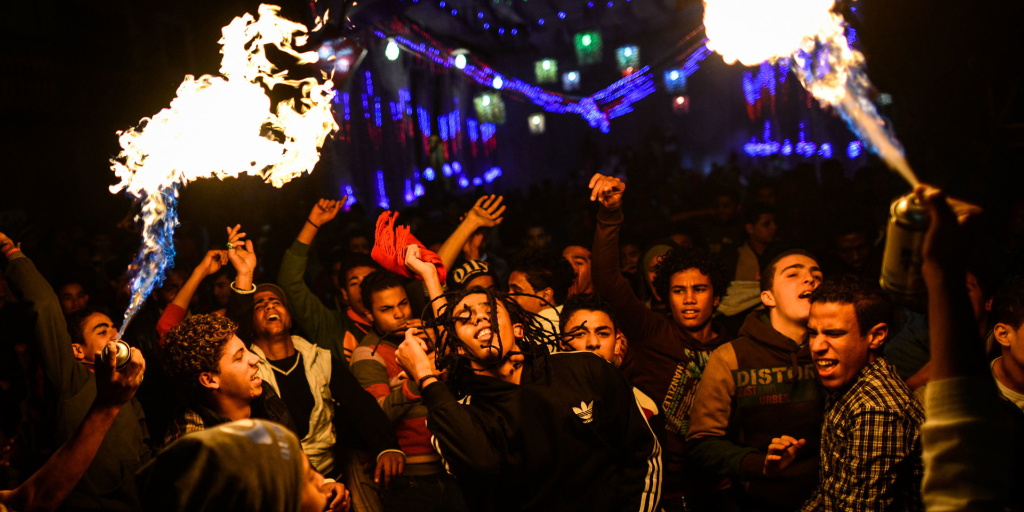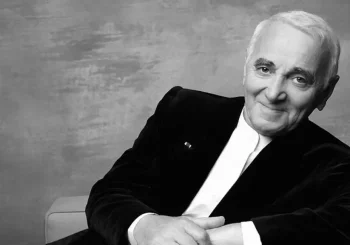Egypt’s Musicians’ Syndicate announced on Sunday 17, October a temporary ban on mahraganat music (also known as electro-folk or working-class rap).
The ban includes suspending permits issued to mahraganat singers under the decisions of regulating the artistic criteria and investigating bribery allegations.
The decision coincides with Egyptian singer Mostafa Kamel taking the position of newly elected head of the syndicate after his predecessor Hany Shaker.
Shaker, who headed the syndicate since 2015, resigned from his position in June 2022.

“The temporary suspension of Mahraganat singers will remain in effect until a discussion is conducted between the board, music, and cultural icons to study the phenomenon and to define regulating criteria,” announced Kamel in the press conference on Sunday.
Shaker had led multiple campaigns against what he called an “unacceptable” genre, issuing a decision in February 2020 to ban mahraganat performers from clubs, cafes, hotels and concert venues.
Mahraganat music and artists have become a staple in Egypt’s street music scene after rapidly rising to popularity in the last decade. The genre, which blends a style of colloquial rap, bustling beats of a simple techno hip-hop, and a hint of Egypt’s shaabi music has been an evolving genre that stemmed from the impact of 2011 Revolution in Egypt.
Despite its popularity, both the Syndicate and mainstream press continuously vilify and mock mahraganat artistsincluding “sexual innuendos and offensive language” in their music. Yet the music remains a relished genre and tool of expression amongst a wide array of listeners in Egypt, particularly members of the working class.
“We tried as much as possible to combat this lowbrow art by banning performers from holding concerts and refusing to issue licenses [to them], and we also prohibited syndicate musicians from working with them,” said Shaker in an interview with Al-Dostor in 2019.
In the words of Kamel, the decision comes under the importance of “preserving the Egyptian artistic leadership and upgrading of public taste”.
The Syndicate board has suspended and called for investigations of various board members and employees, and has announced a 10 percent increase in members’ pensions in November, and another 10 percent in January.







Comments (2)
[…] October last year, the syndicate also issued a temporary ban on a genre of music, mahraganat, also known as “working-class rap,” due to its roots in the country’s 2011 […]
[…] a Cairo concert raised a rainbow flag in support of the LGBTQ+ community. Last year, the syndicate temporarily banned mahraganat music (electro-folk or working-class rap that has roots in Egypt’s 2011 revolution), suspending permits […]